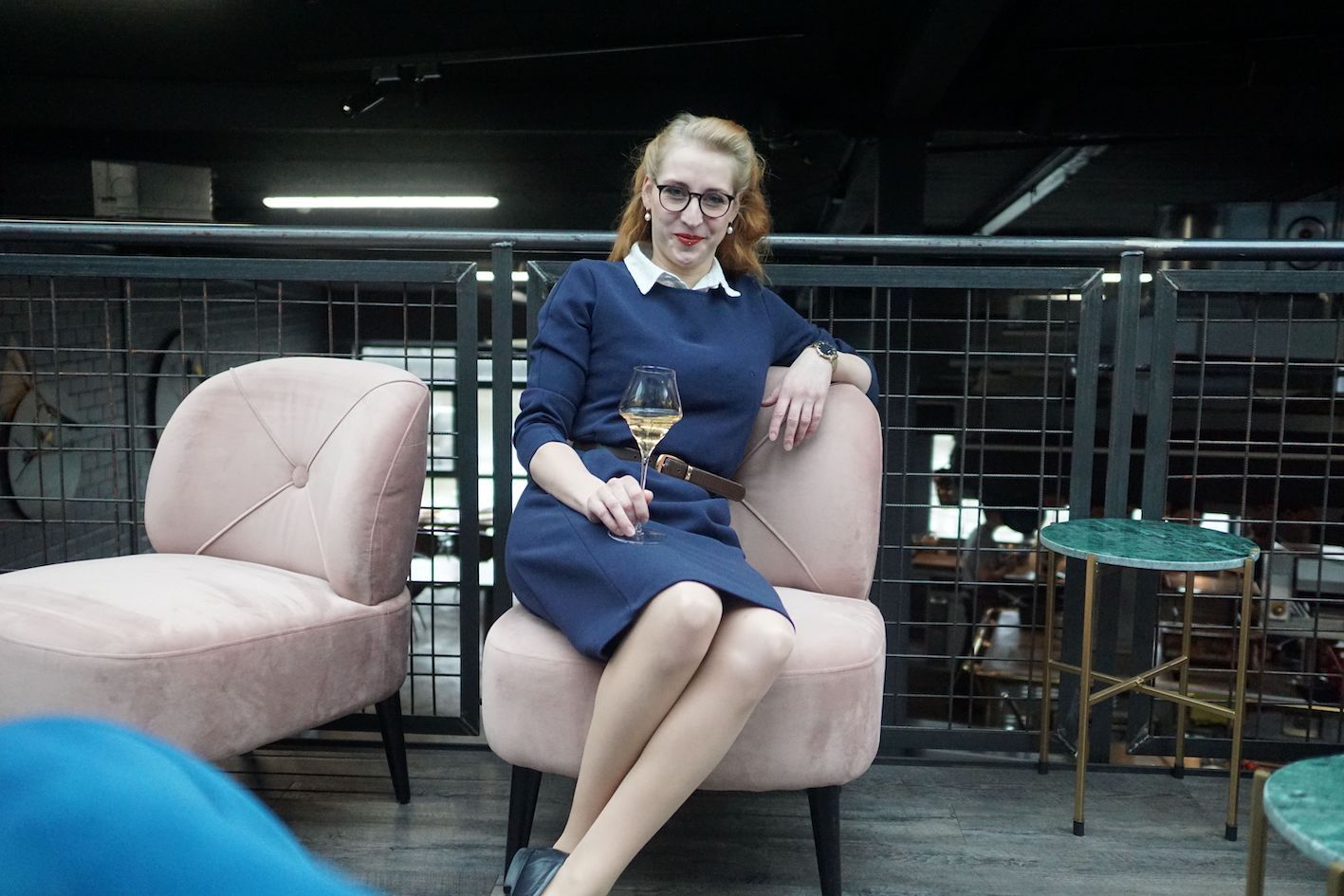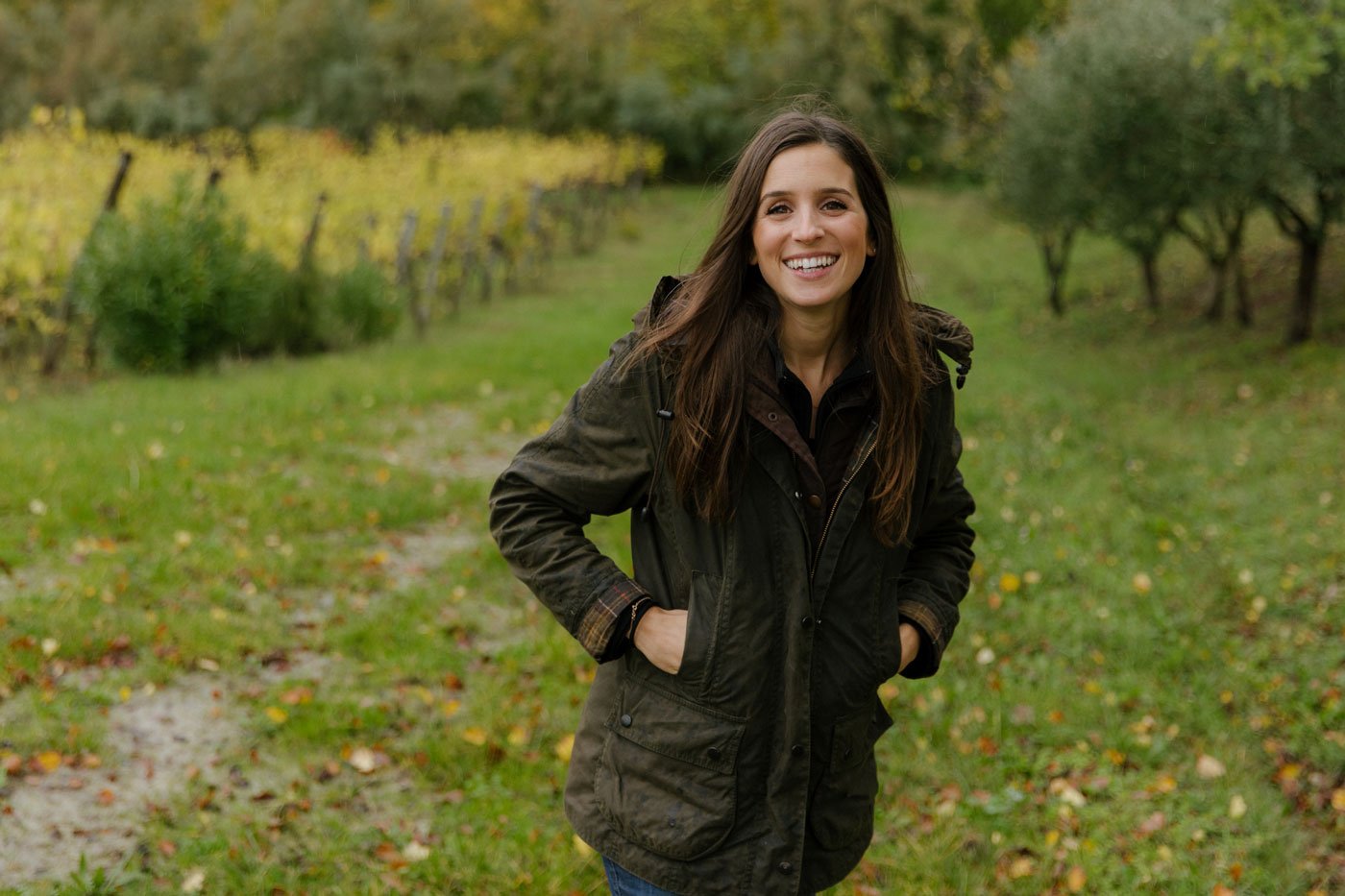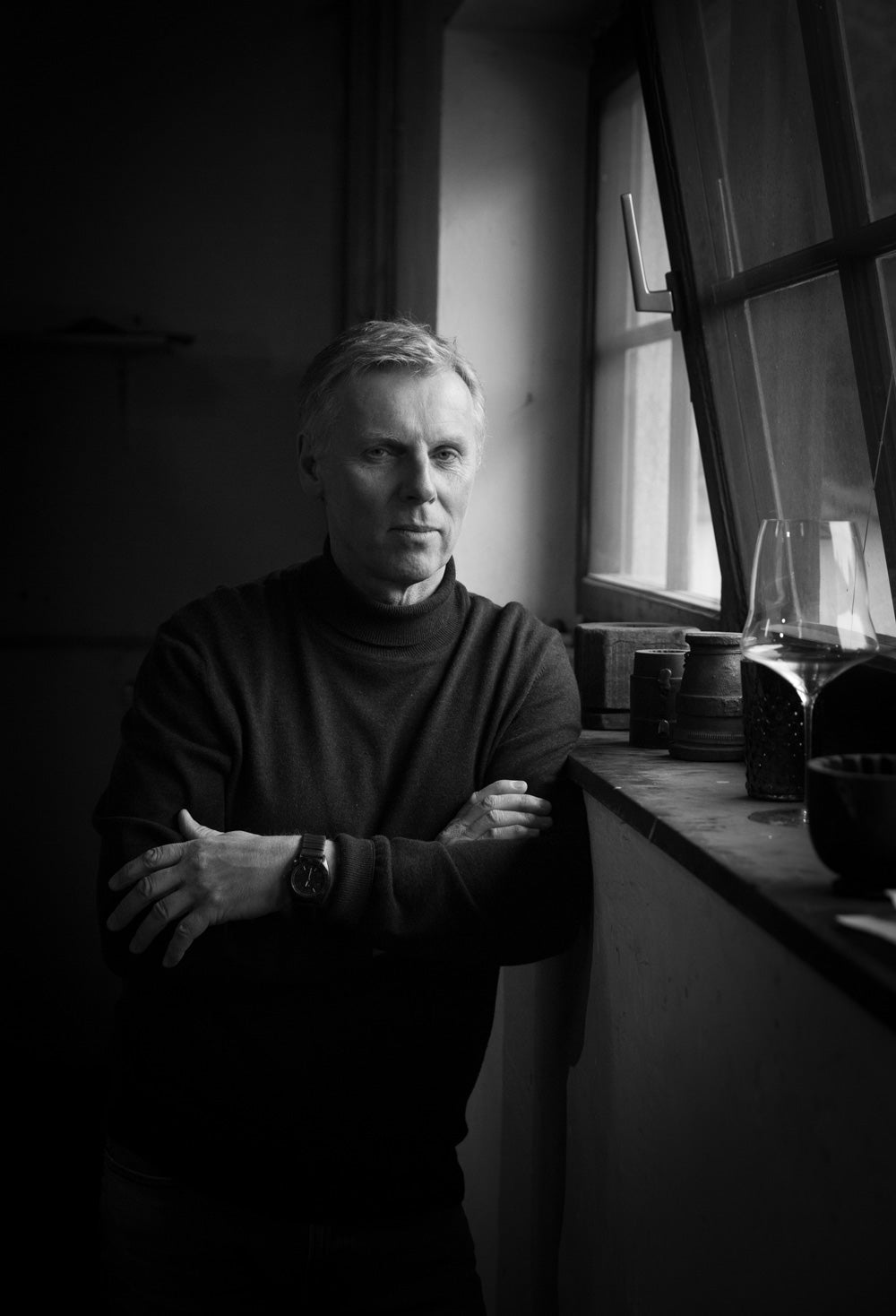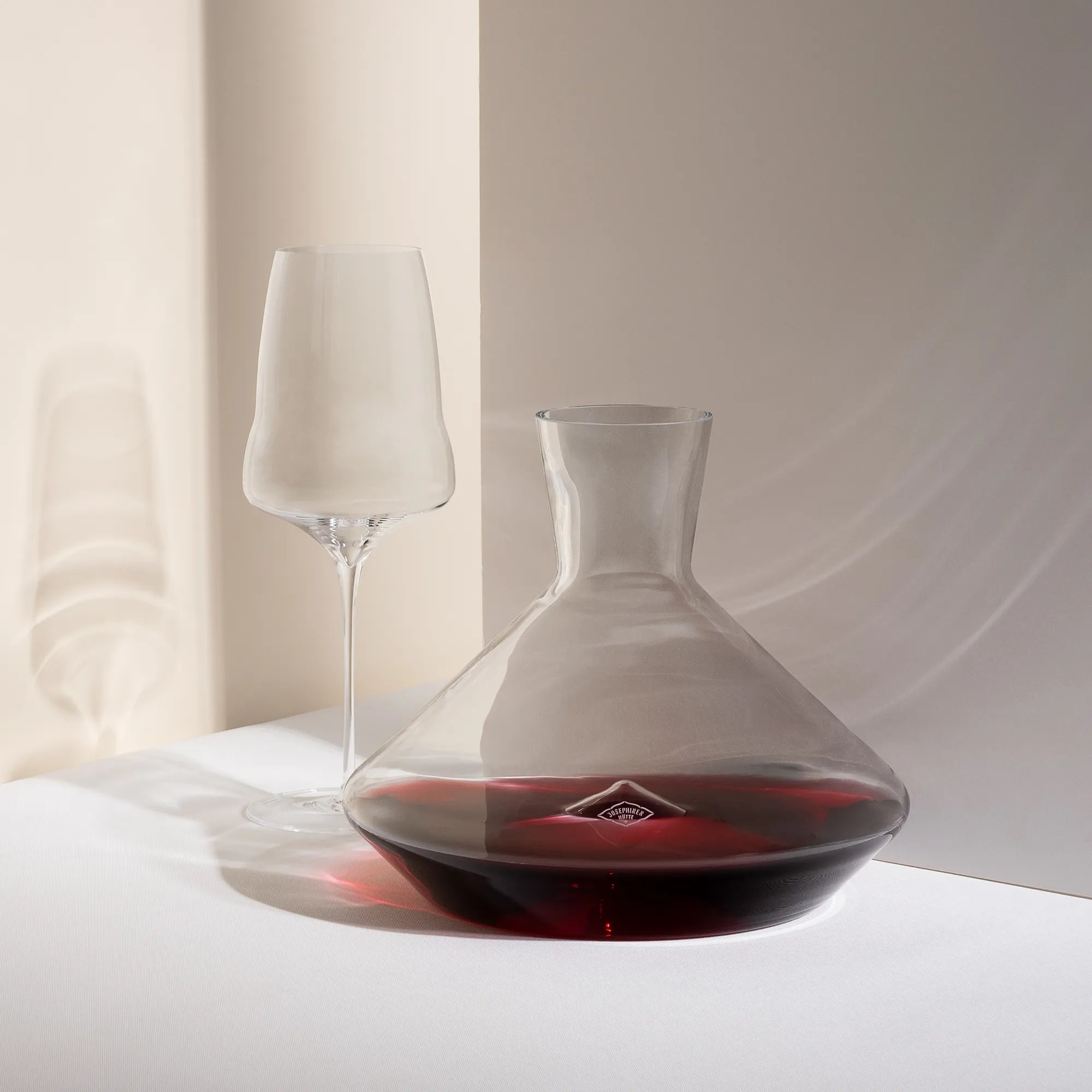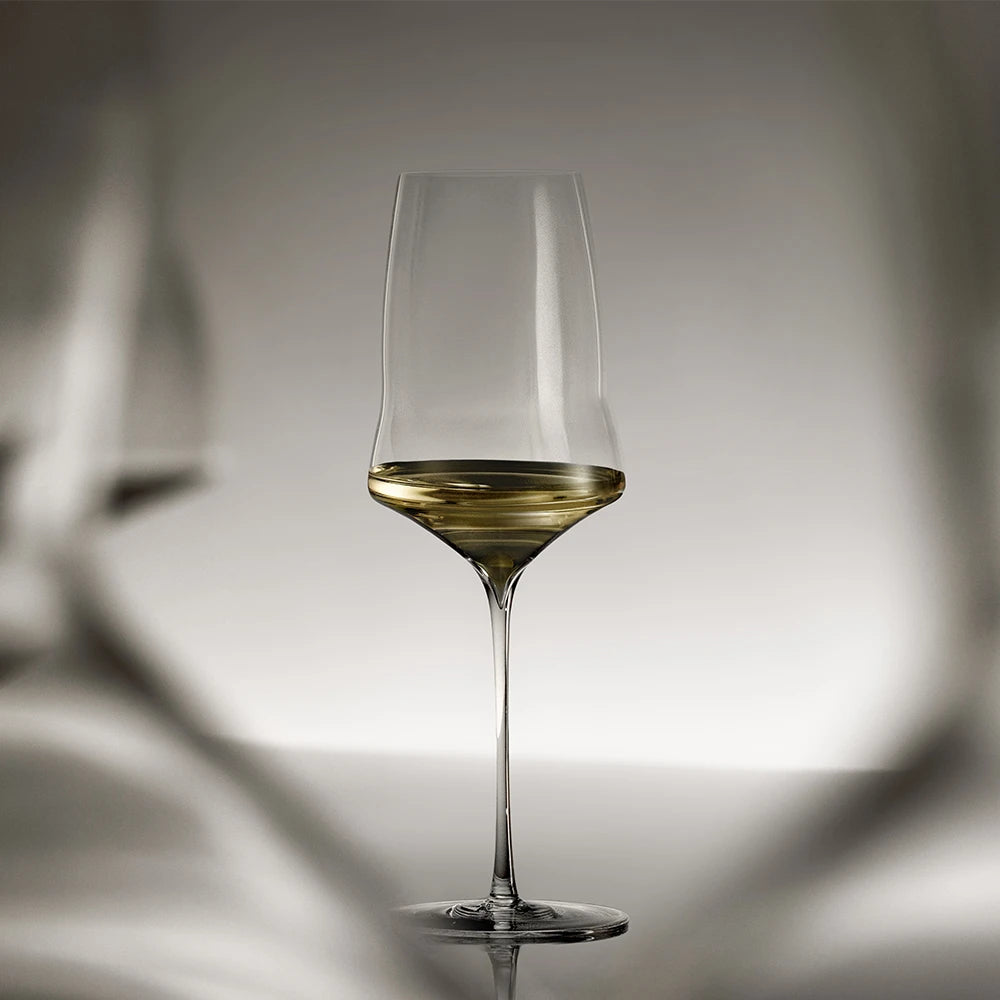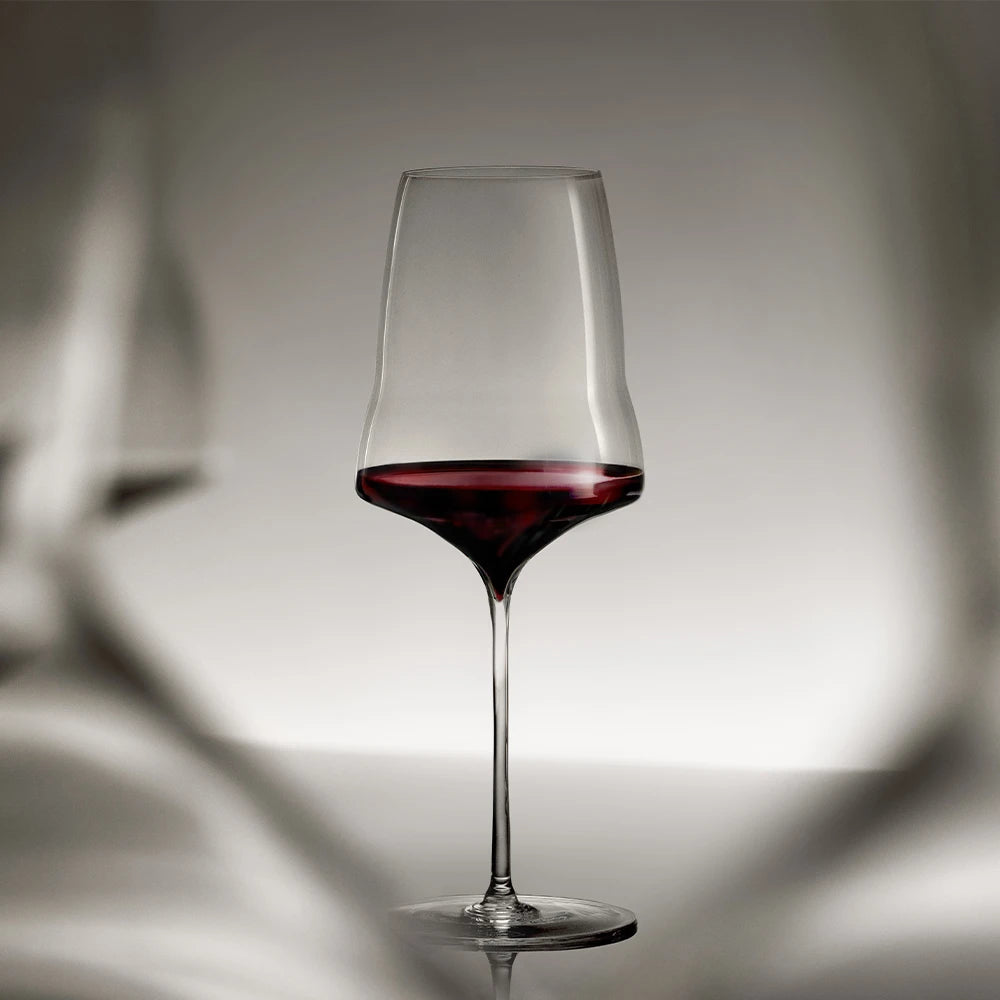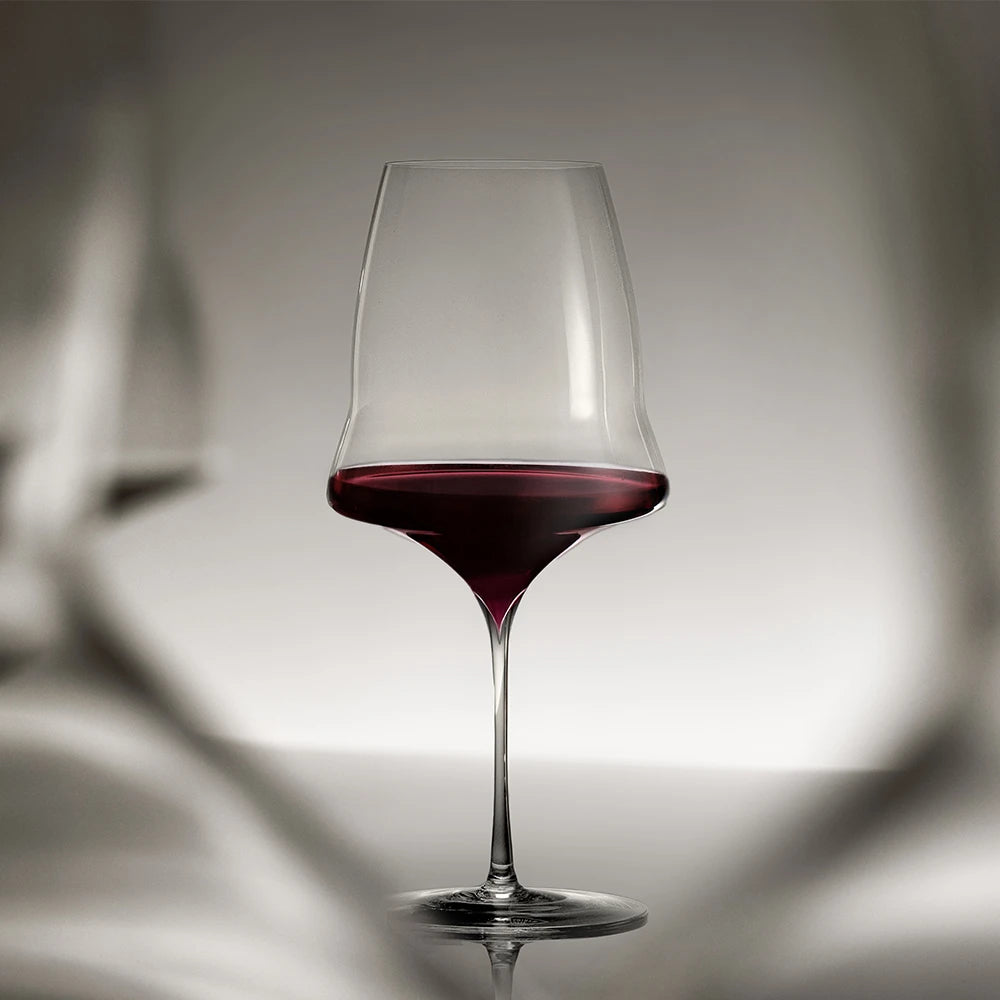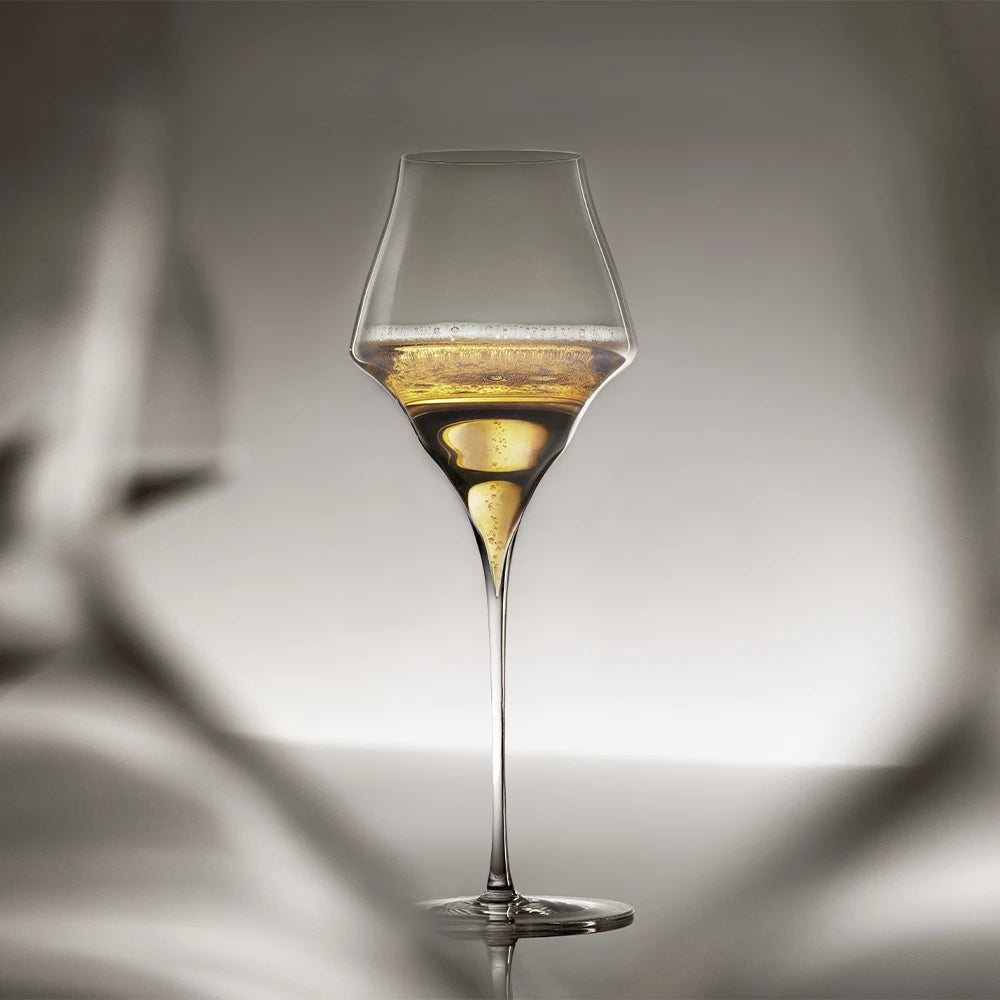"Too bad you can't caress a wine", Tucholsky once said. Similarly, when Markus Molitor talks about his wines, it is as if they are living beings, as if they have their own personality and soul. While conversing, it is not difficult to fully comprehend his love and devotion to this pleasurable beverage. Molitor is one of the most famous winemakers in Europe, especially celebrated for his Rieslings, he is considered to be the saviour of the Moselle’s steep slopes. In 1984, at only 20 years of age, he took over his father's winery with the aim of re-establishing the world renown Moselle Rieslings of 100 years ago and promoting the neglected wine region in a sustainable way. Numerous awards, the Molitor wines in the best restaurants and exports to more than 50 countries are now part of the status quo. Molitor’s initial goals have been achieved. What is it then, that drives him to dedicate every cell of his body to the topic of wine growing every day of the year?

If you visit him at his winery in the midst of the picturesque Moselle mountain landscape, you only get a vague idea of just how big his wine kingdom is. Molitor now cultivates 120 hectares of vineyards along the Moselle and Saar. Haus Klosterberg is his headquarters, where the 55-year-old lives with his family, houses his 3-storey underground wine cellar and runs the day-to-day business in his wine shop. Anyone who imagines a rustic restaurant with antlers on the wall is far of the mark. Bare white walls, vaulted arches, historical materials paired with contemporary minimalism, a 15-meter-long wooden table with nothing but wine glasses on top catch the eye. "Purist, absolute concentration on the essential", says Molitor. Wine becomes almost sacral here. Molitor is generous with his selection of wines. The more facets the guests get to taste from his wines, the better; from dry to finely tart, from fruity to sweet. He is also meticulous in his selection of the glasses. He tested each Josephinenhütte glass in advance and finally decided on the universal glass.

"Exciting, different, generous. An excellent glass that perfectly accentuates the subtle aromas and the finesse of our wines"
Molitor only allows his wines to flow into the highest quality glasses. If you follow his work, it becomes clear why. In every drop, there is a meticulous attention to detail and the obsession of a genius. Starting with the planting of new vineyards and the question of which genetics to use: "We plant special vines with old genetics because we are not aiming for yield but for quality, always in harmony with the geographical conditions. This is a cultivated landscape; you can influence how something grows." To think up strategies for cultivation that will literally bear fruit is wonderful. On the way to the finished drop, every step of the process is checked, every berry is examined by Molitor and his international team and selected by hand before being processed further. It is high season the whole year round and Molitor is operationally involved in all areas. "Learning from the past means for me uncompromising manual work and selection in the vineyard, harvesting and precision in the cellar combined with the knowledge and experience of nature, grapes and winemaking".

There are always those moments which Markus Molitor lives for. The first sip from the barrel, the first yield, drinking the young wines and being able to taste exactly their different origins, it’s unforgettable. "Pure nature!" says Molitor. During the planning time, while the vineyards are being prepared and the control of fermentation has begun, the vineyards can seem rather bare, but this is the time to look forward to spring when everything is in bloom and the valley turns a juicy green and to early summer when the scent of vine blossom fills the air. Even an experienced old-hand, like Markus Molitor cannot get enough of the sights and smells. In autumn the harvest time begins, probably the most intense time in the everyday life of a winegrower. Molitor has no time to think of taking a break – the fact that he has been on holiday in the past years is thanks to his wife and children, who always remind him to enjoy his private life. But even this he likes to combine this with his passion for wine and for good food. After all, his mother had her own restaurant for French cuisine, while his father was also a passionate winemaker. It was a stroke of fate that led Markus Molitor into the world of wine at an early age. His father was left paralysed in the right arm after an accident, which meant his son literally had to become his right arm in the wine cellar. The enthusiasm for wines fermented in him and it was clear from an early age that he wanted to continue and develop the life's work of his family. It is Molitor’s wish, that his sons to be involved in the winery with their heart and soul. "If they don't go down that road, it's okay. But it would be desirable, perhaps even after they have tried other jobs." After all, the winemaking culture is changing and modernising in small steps, for example more and more young women are finding their way into the still very male-dominated sector. Markus Molitor hopes that in the future he will be able to attract even more female colleagues and that sustainable winegrowing will have to deal with less bureaucracy. Until then, there is no stopping him from living and fighting for his passion every second of the day. How does he manage to find peace of mind when he's working to such a capacity? In the evenings Molitor likes to wander up and down in his wine cellar, tasting his way through the barrels in peace and quiet to control the fermentation, but also to appreciate each of his wines, or as he sees them his ‘flock’.


